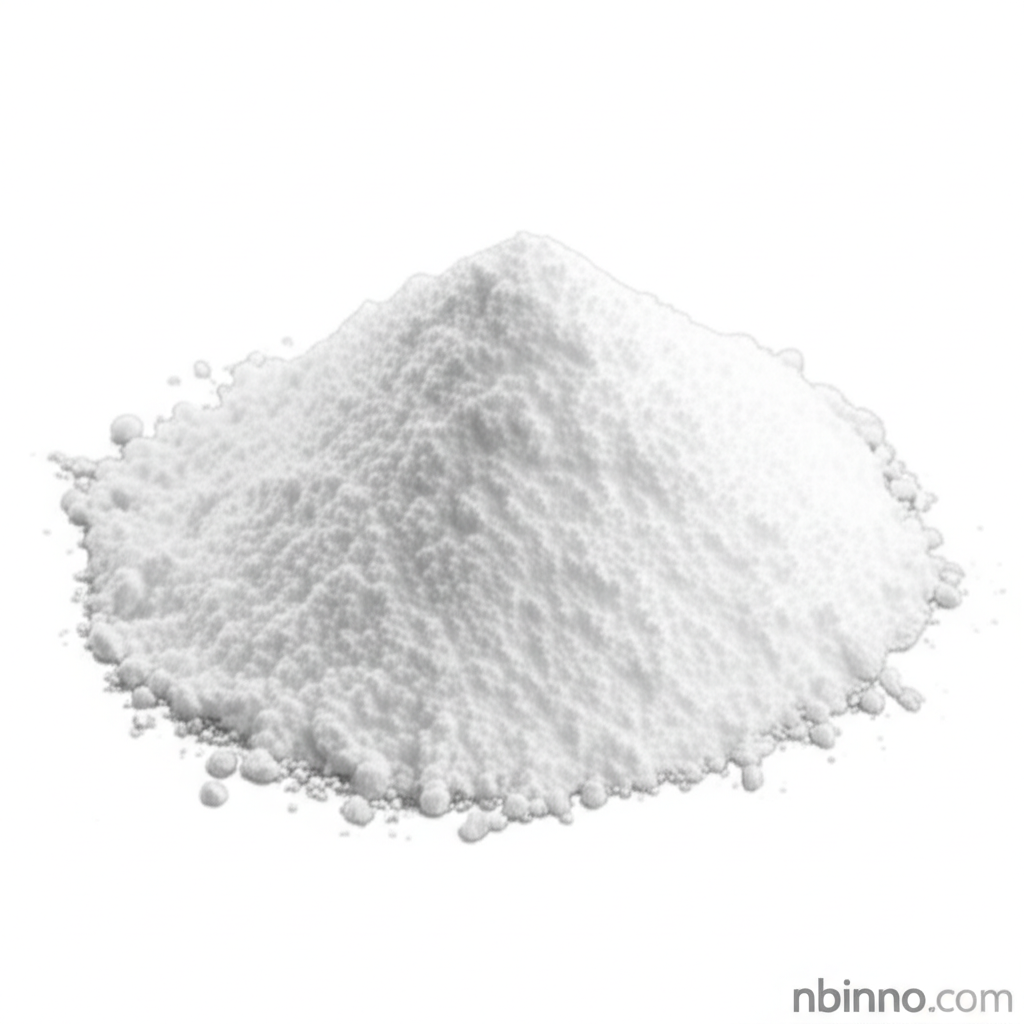Magnesium Stearate: Enhancing PVC Performance
Discover the versatile benefits of Magnesium Stearate as a key additive in PVC and beyond.
Get a Quote & SampleProduct Core Value

Magnesium Stearate
Magnesium stearate is a vital white powder known for its multifaceted roles in various industrial applications, most notably as a critical additive in PVC formulations. Its primary functions include acting as an effective acid scavenger to neutralize HCl during processing, a heat stabilizer to prevent degradation, a lubricant to reduce friction, and a release agent to ensure smooth mold ejection.
- Explore the benefits of magnesium stearate in PVC processing, where it significantly improves the overall stability and workability of the material.
- Learn how magnesium stearate functions as an excellent acid scavenger for PVC, protecting the polymer from degradation during high-temperature manufacturing.
- Understand the critical role of magnesium stearate as a lubricant in plastic production, ensuring smoother operations and reduced wear on machinery.
- Discover its utility as a mold release agent for plastics, contributing to superior surface finish and preventing sticking issues.
Key Advantages
Enhanced Thermal Stability
Magnesium stearate significantly contributes to the thermal stability of polymers, maintaining color and preventing decomposition even at high temperatures, crucial for demanding industrial environments.
Improved Processability
As a key component in plastic industry additives, it facilitates better flow and reduces friction, making molding and extrusion processes more efficient and less strenuous on equipment.
Superior Surface Finish
The compound aids in achieving a refined and glossy finish on plastic products by ensuring better mold release, thus enhancing the aesthetic appeal and marketability.
Key Applications
PVC Stabilization
Utilized as a crucial heat stabilizer and acid scavenger, magnesium stearate protects PVC from degradation during processing, ensuring product integrity.
Pharmaceutical Excipients
In the pharmaceutical sector, it serves as a lubricant and anti-caking agent, facilitating efficient tablet manufacturing and ensuring accurate dosing.
Cosmetic Formulations
As a cosmetic ingredient, it functions as a thickener, lubricant, and anti-caking agent, improving product texture and application ease.
Food Industry
In food products, it acts as an anti-caking agent, maintaining the free-flowing consistency of powders like spices and supplements.
